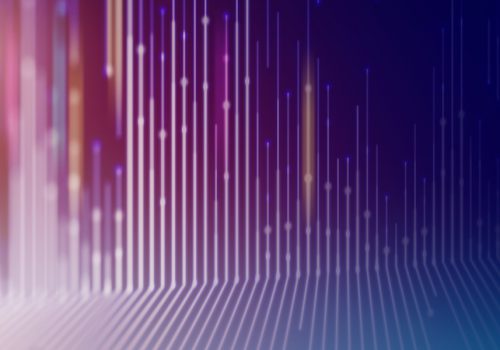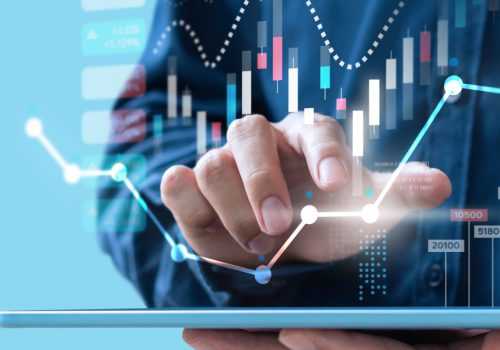Big data is constantly being generated through our devices, affecting all of us. It is everywhere and it impacts everything. Access to this information, when in the right hands, can be used to help people, solve problems, and make the world a better place. However, if compromised and in the wrong hands, it can be easily misused to cause immense damage. To show how big data impacts our daily life, we have selected a list of books that offer insights and cautionary tips.
“Too Big to Ignore: The Business Case for Big Data” by Phil Simon
Too Big to Ignore: The Business Case for Big Data is the go-to big data book. With several case studies and opinions from worldwide big data experts, it is a must-read for anyone who is intrigued by big data and its use in business. The author inspects how every big industry and government uses big data to their advantage, allowing them to make observations and make predictions that people considered impossible. Readers will gain valuable insight on how to turn data into intelligence, and then, use that intelligence to determine the necessary future actions. It’s time to think big.
This book explains why big data is important. The author provides great advice for people and organizations who want to gain an understanding and learn how to use the power of big data. Packed with case studies, examples, analysis, and input from big data experts, this is a great reading for business professionals, chief executives, company owners, and industry leaders.
“Business unIntelligence: Insight and Innovation beyond Analytics and Big Data” by Barry Devlin
This book provides a unique point of view on big data and data analytics, by exploring the past, present, and future of this field, and disproving many misconceptions on data analytics and data gathering. It offers a look into the history of the field of business intelligence and equips readers with an insight on how to stay competitive within any given field, using big data to their advantage.
In our ever-changing world, business decisions must be based on a combination of rational and intuitive thinking and this book reflects that.
Combining cases and knowledge from different sources, provides decision-makers with an understanding on how they can practically innovate. This book provides a number of new models that can be used by business and IT to create support systems that will contribute to the organization’s success.
“Numbersense: How to Use Big Data to Your Advantage” by Kaiser Fung
Kaiser Fung’s “Numbersense” differs from a lot of books regarding this topic. Instead of teaching readers what big data is, it offers a critical look on the matter. With the immense amount of data that one can obtain, the book suggests filtering it to only obtain the insights needed.
To make better decisions one has to understand how analysis works. This book suggests readers learn and understand the methods being used for interpreting data and not to take data for granted. We are all responsible for the data we transmit, and it’s up to us to question and verify.
Recently, technological developments have certainly changed people’s opinion on data and information. Nowadays, data is not a scarce commodity, but it rather flows wide, is low in cost, and is open and accessible to almost everyone.
It is a fact that a data revolution is in motion. This revolution is one that will reshape the world as we know it; it will change how we see knowledge, how we conduct business, and how we govern our society. With so many raising questions concerning surveillance, privacy, security, profiling, social sorting, and intellectual property rights, this book provides a synoptic and critical analysis of the emerging data landscape.









